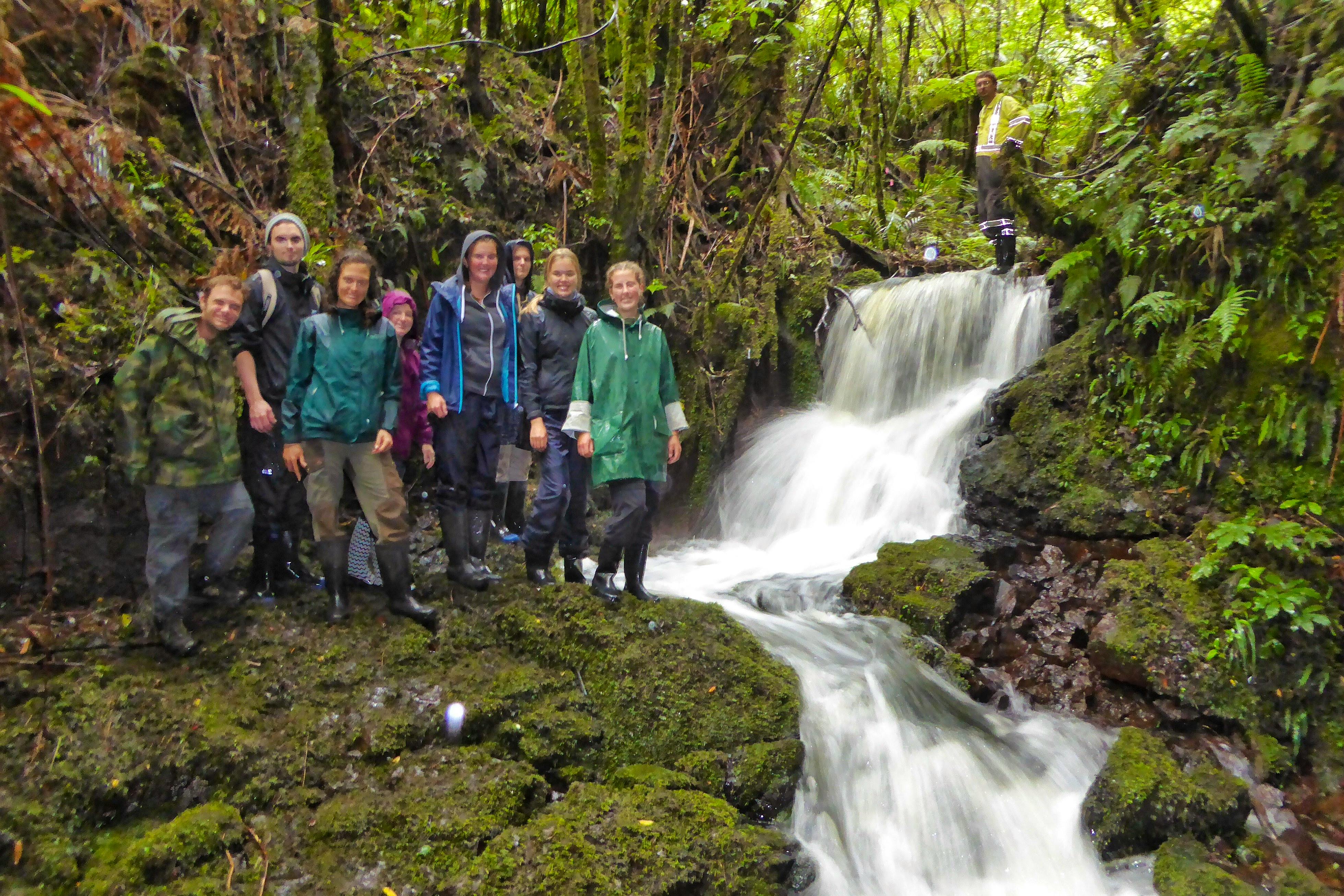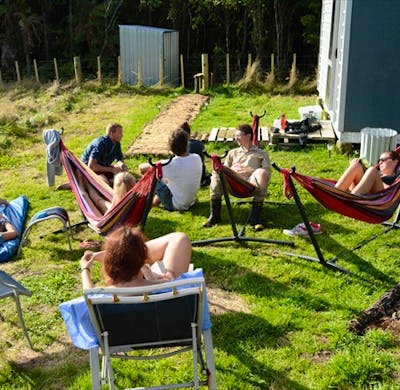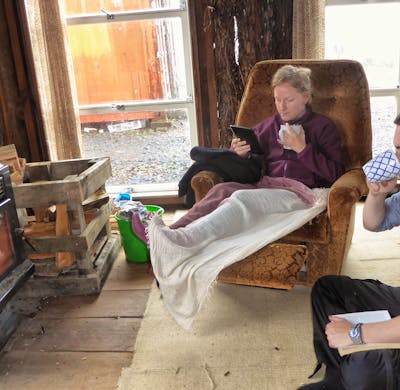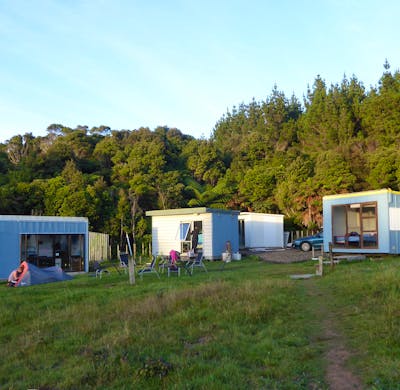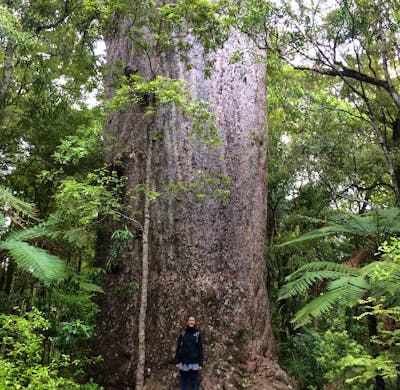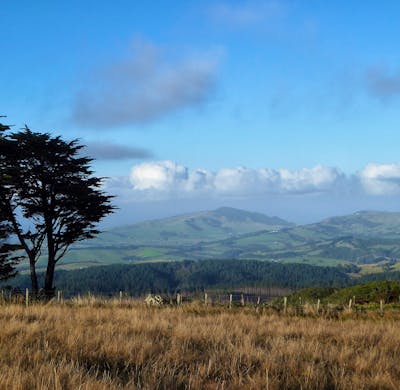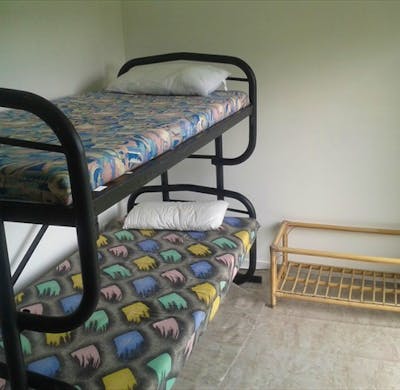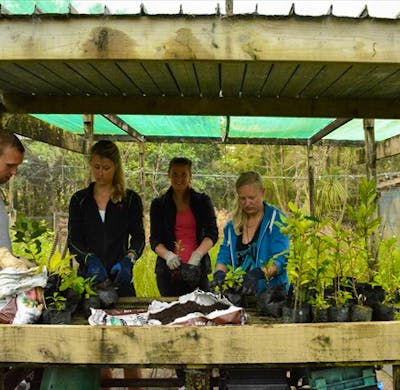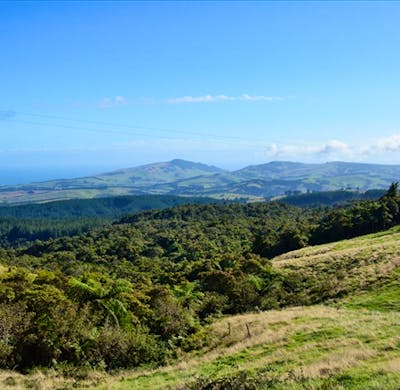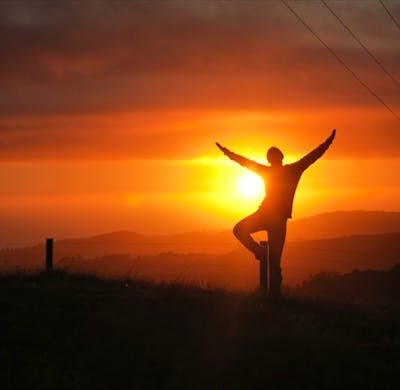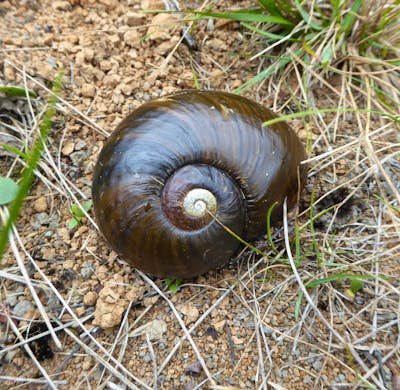Native Forest Conservation Helper
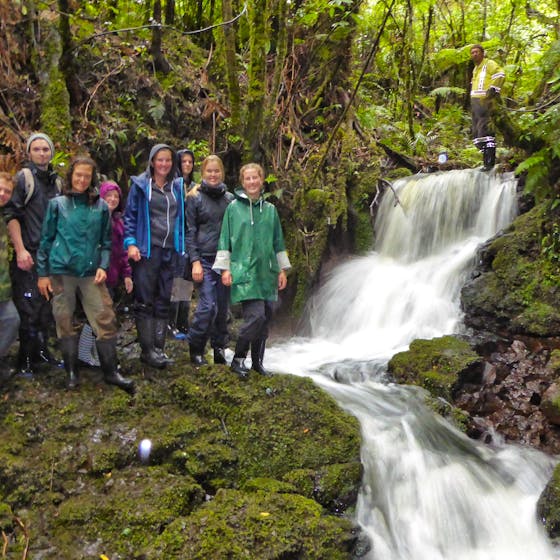
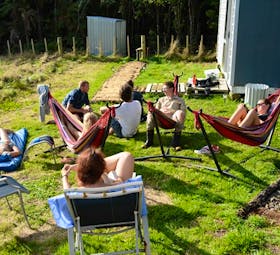
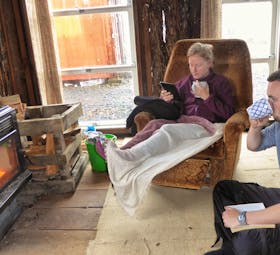
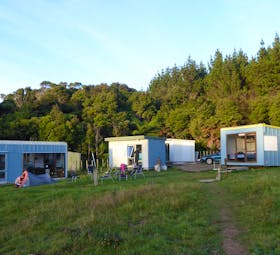
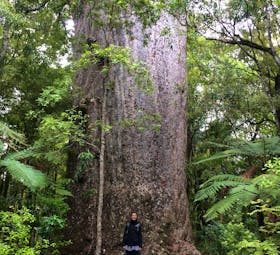
Clou
- Experience living in a rain forest
- Learn how to protect endangered species
- Connect with like-minded people
- Live off grid in a sustainable way
- Experience living in a rain forest
- Learn how to protect endangered species
- Connect with like-minded people
Particulièrement approprié pour
À propos du programme
Join us to help protect this beautiful jungle-like forest and to create a safe environment for the kiwi!
You are thinking of coming to New Zealand attracted by the amazing landscapes, never-ending beaches, blue skies, soaring mountains, and green forests. You like nature and seek respite from the crowded city. You sometimes wonder what simple life is like, living off-the-grid, maybe? You want to do ...
Journée typique
Typical Day at Work
- 8am - 9am breakfast
- 9am - 10am cleanup
- 10am - 12pm morning working activity
- 12pm - 1pm lunch/picnic
- 1pm - 4pm afternoon working activity
- 4pm - 6pm leisure activities (free time)
- 6pm - 8pm dinner
- 8pm - 10pm leisure activities (sunset watching, dusk bird chorus, and/or searching for ...
Activités de loisirs
Due to our remote location, there are no opportunities to go to town or to the cinema during the free time. However, we have a cinema on site!
During the free time, the volunteers are encouraged to explore our forest.
We always eat together and sometimes we invite the DOC rangers or the neighbours ...
Conditions
Services inclus
NE SONT inclus dans le prix:
Informations sur l'arrivée
The nature sanctuary is open the first Monday in November and the first Monday in April. Due to our remote location, you can join (or leave) the program on Mondays only.
The start dates are on the first and third Monday of every month.
Frais de Programme
Rencontrez votre hôte

Pupu Rangi Nature Sanctuary
Agence - fondée en 2008
Vérifié par Volunteer World
Hébergé par
Octavian
Sur le projet
7 avis ·  4.9
4.9
Emplacement

Ces projets pourraient t'intéresser aussi
-
Couple
Missions de courte duree
conservation de la nature
Les meilleurs programmes de bénévolat
Mission Humanitaire pour les etudiants
Projets a l´etranger
Groupe
Mission humanitaire en anglais
Adulte
